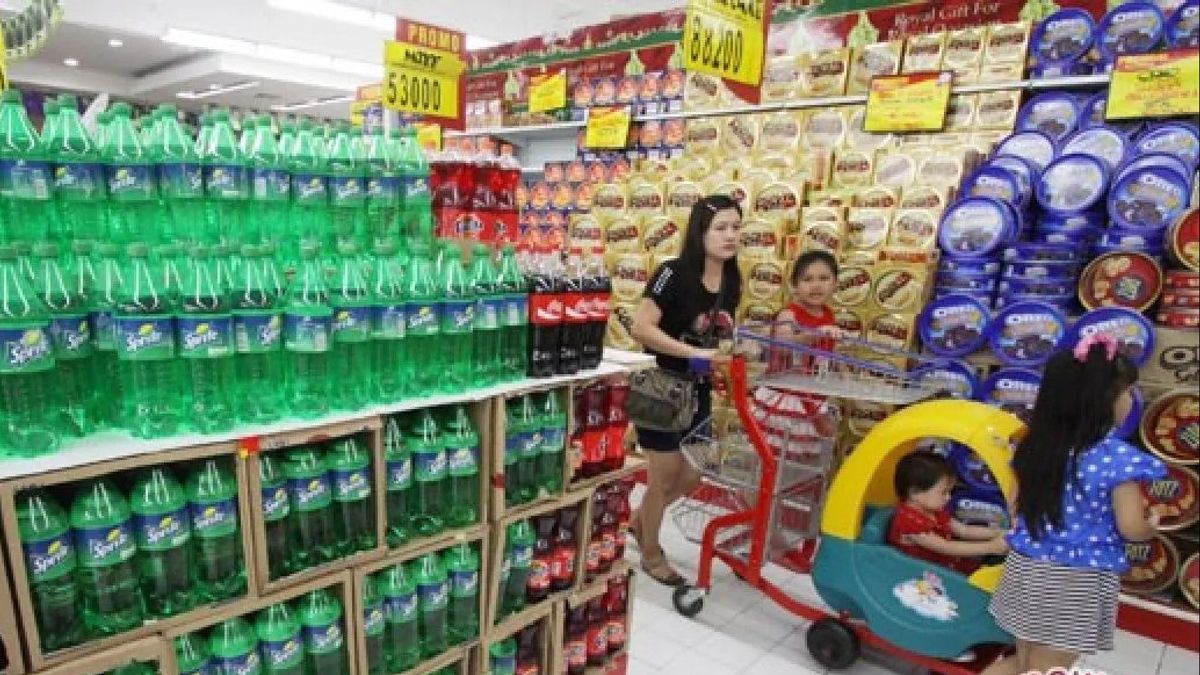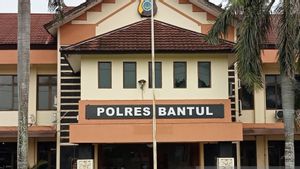The Directorate General of Taxes (DGT) of the Ministry of Finance (Kemenkeu) claims that the increase in Value Added Tax (VAT) rates to 12 percent on January 1, 2025 will not have a significant impact on purchasing power, inflation, or economic growth.
Director of Counseling, Services and Public Relations of the Directorate General of Taxes Dwi Astuti said that the increase in Value Added Tax (VAT) rates from 11 percent to 12 percent was the mandate of Law Number 7 of 2021 concerning Harmonization of Tax Regulations.
Meanwhile, the tariff increase was carried out in stages, from 10 percent to 11 percent starting April 1, 2022 and then from 11 percent to 12 percent on January 1, 2025.
Dwi explained that this gradual increase was intended not to have a significant impact on people's purchasing power, inflation, and economic growth.
"The increase in VAT rates from 11 percent to 12 percent does not have a significant impact on the price of goods and services," he said in an official statement, quoted on Sunday, December 22.
Dwi explained that the effect of increasing the value added tax rate (VAT) by 11 percent to 12 percent of the price of goods and services only caused an additional 0.9 percent for consumers.
SEE ALSO:
Dwi explained that the impact was not significant because goods and services, which are the basic needs of the community, were still provided with VAT or VAT exemption facilities at a rate of 0 percent.
Meanwhile, basic necessities are rice, grain, corn, sago, soybeans, salt, meat, eggs, milk, fruits, and vegetables.
In addition, such services include medical health services, social services, financial services, insurance services, education services, public transportation services on land and in water, labor services as well as rental services for public flats and public homes.
Next are other items, such as books, holy books, polio vaccines, simple houses, rusunami, electricity, and drinking water and various other VAT incentives, which are estimated at IDR 265.6 trillion in total for 2025.
The increase in VAT rates from 11 percent to 12 percent applies to all goods and services which have been charged an 11 percent tariff, except for essential basic goods (bupokting) such as our oil, wheat flour, and industrial sugar.
Where for the bapokting is still 11 percent, while the remaining 1 percent will be borne by the government (DTP) so that this VAT tariff adjustment does not affect the prices of the three goods.
In the simulation of the calculation of the Directorate General of Taxes, the 1 percent increase in tariffs only provides an additional price of 0.9 percent for consumers.
For example, previously for drinks were sold at a price of Rp. 7,000 with an imposition of VAT tariff of 11 percent of Rp. 770. So, the amount to be paid is Rp. 7,770. Meanwhile, with the imposition of a tariff of 12 percent, the drink is Rp. 840, so the total cost to be paid is Rp. 7,840.
So from this example, the difference in price increases between VAT and tariffs of 11 percent and 12 percent is Rp. 70 or only 0.9 percent of the price before the increase of Rp. 7,770.
Then the same applies to other goods, such as television, which is sold for Rp. 5 million, with the imposition of VAT tariff of 11 percent of Rp. 550 thousand, the amount to be paid is Rp. 5.55 million. Meanwhile, with the imposition of a tariff of 12 percent, the television amounted to Rp. 600 thousand, so the total cost to be paid is Rp. 5.6 million.
So from this example, the difference in price increases between VAT and tariffs of 11 percent and 12 percent is IDR 50 thousand or only 0.9 percent of the price before the increase of IDR 5.55 million.
Pic : Illustration - Buyers choose food and drinks in a shopping center (Between)
The English, Chinese, Japanese, Arabic, and French versions are automatically generated by the AI. So there may still be inaccuracies in translating, please always see Indonesian as our main language. (system supported by DigitalSiber.id)
















